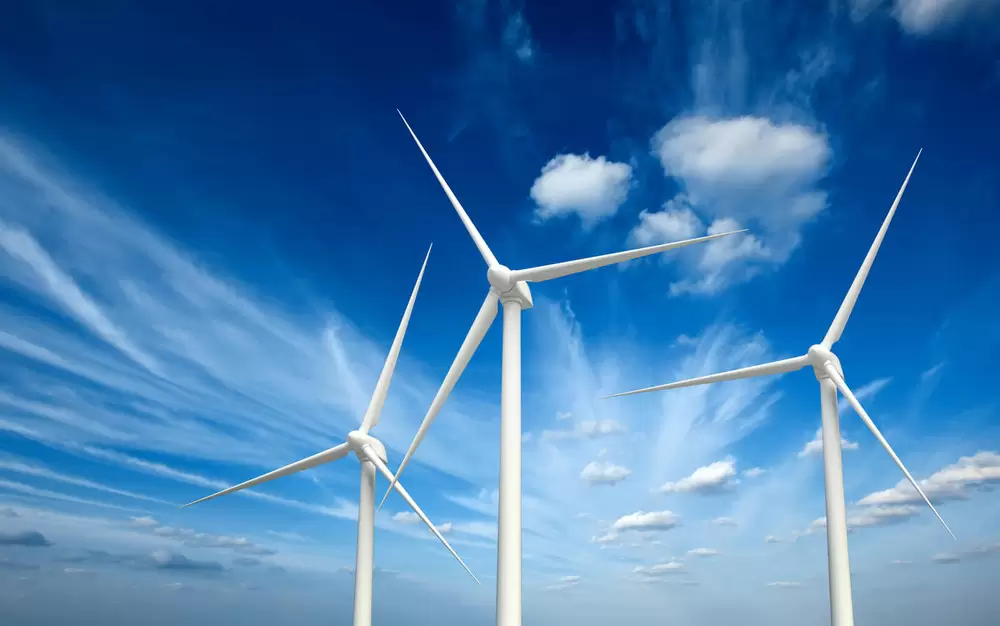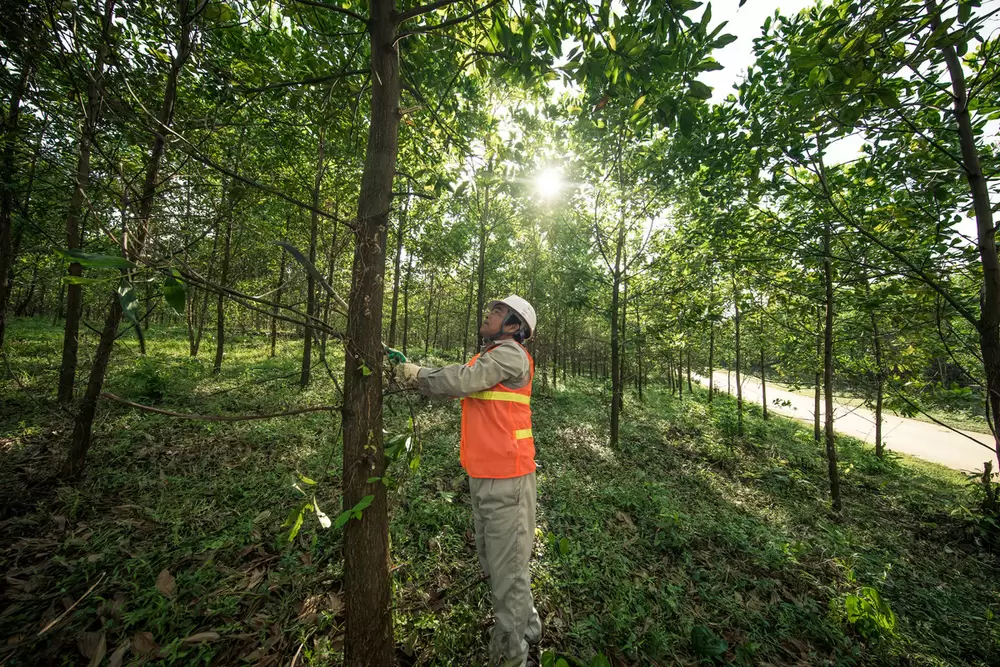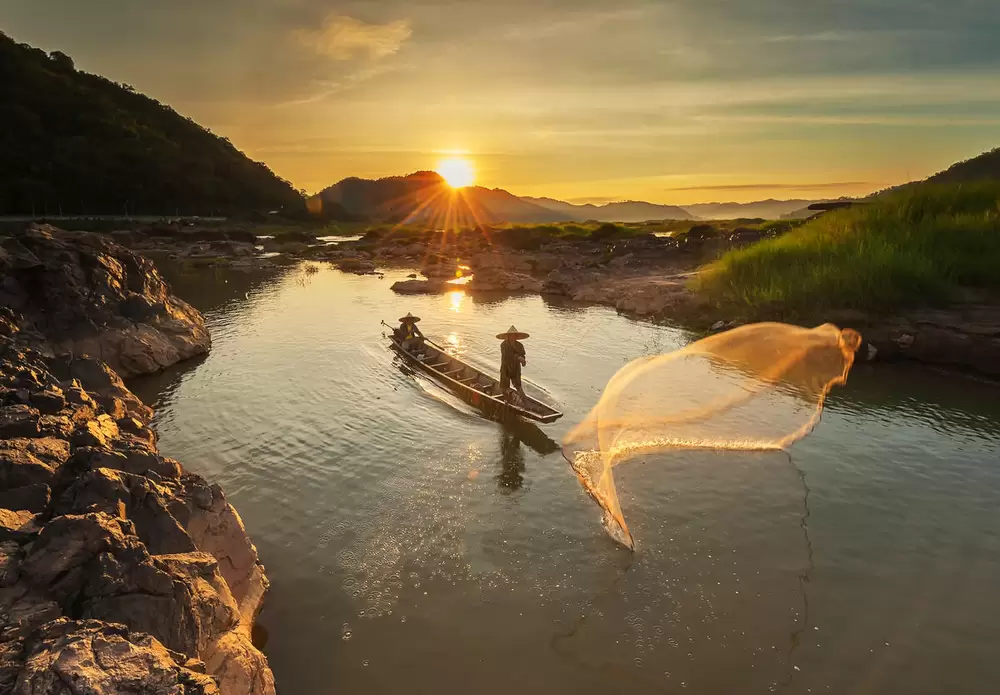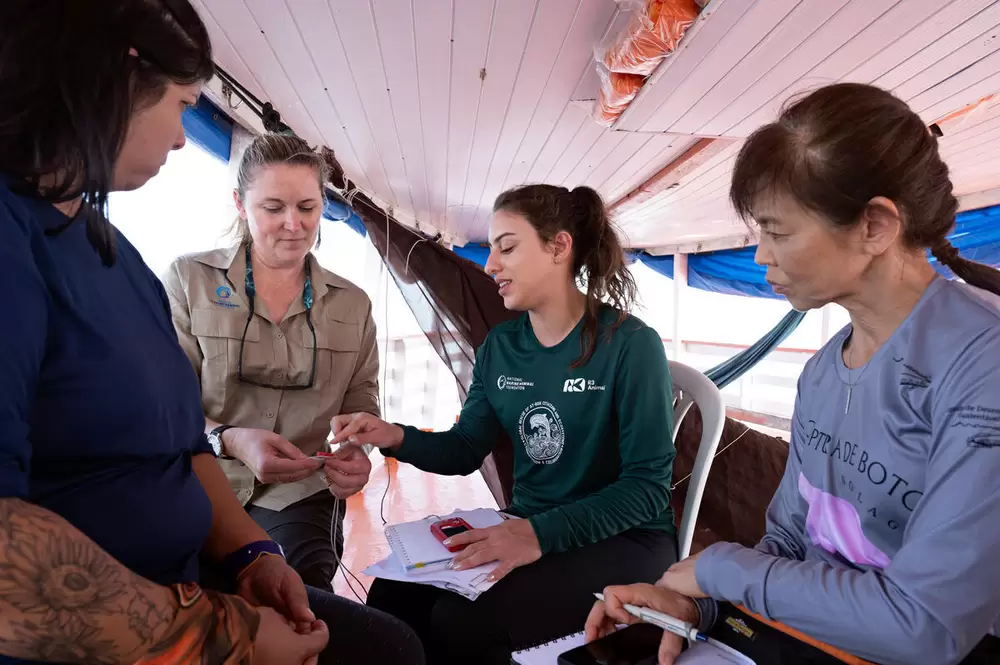The WWF is run at a local level by the following offices...
- WWF Global
- Adria
- Argentina
- Armenia
- AsiaPacific
- Australia
- Austria
- Azerbaijan
- Belgium
- Bhutan
- Bolivia
- Borneo
- Brazil
- Bulgaria
- Cambodia
- Cameroon
- Canada
- Caucasus
- Central African Republic
- Central America
- Central Asia
- Chile
- China
- Colombia
- Croatia
- Democratic Republic of the Congo
- Denmark
- Ecuador
- European Policy Office
- Finland
The climate and nature crisis requires urgent, science based action. Businesses are operating in an evolving landscape where environmental risks, such as supply chain disruptions, regulatory shifts, and changing consumer expectations, are becoming more pronounced. By taking proactive steps, companies can strengthen their resilience, unlock innovation and create long term value while contributing to a nature-positive global economy.
WWF, alongside global partners, provides corporate sustainability guidance, tools and frameworks to support companies in making measurable progress. Some of these are WWF developed resources, while others are industry wide initiatives we collaborate on. From assessing environmental impacts to setting targets, reducing emissions and funding nature based solutions, businesses have access to practical resources to accelerate their corporate sustainability journey.

Available Tools:
WWF Risk Filter SuiteWWF’s Risk Filter tools - the Water Risk Filter and Biodiversity Risk Filter - enable companies and investors to assess and respond to nature-related risks to strengthen resilience
WWF Wood Risk Filter
WWF’s Wood Risk Tool is a reliable, up-to-date, and convenient source of information about significant risks associated with sourcing wood. It helps companies and other wood buyers and regulators assess, understand, and manage risks associated with logging and trade.
The Taskforce on Nature-related Financial Disclosures
The Taskforce on Nature-related Financial Disclosures (TNFD) has developed a set of disclosure recommendations and guidance for organizations to report and act on evolving nature-related dependencies, impacts, risks and opportunities.

Available tools:
Science-Based Targets initiative Science-based targets show businesses how much and how quickly they need to reduce their greenhouse gas (GHG) emissions to limit warming to 1.5°C and prevent the worst effects of climate change.
Science-Based Target Network
SBTs give companies and cities a clear pathway to competitiveness and resilience by using science to define their role in restoring nature
Climate Business Network
The Climate Business Network brings together companies from around the world to support their efforts to deliver a 1.5°C future. Its Beyond Net-Zero guidance highlights the seven key actions companies can take to truly help tackle the climate crisis.

Available tools:
WWF Biodiversity Guide for Business
WWF’s Biodiversity Guide for Business helps companies integrate biodiversity into their strategies and operations. It provides guidance on assessing risks, setting targets, and adopting nature-positive practices, supporting corporate leaders in aligning business with global biodiversity goals for a sustainable future.
WWF Water Stewardship Programme
WWF’s water stewardship vision is to measurably improve river basin status by radically scaling up private sector collaboration, boardroom strategy and investments.
Forests Forward
Forests Forward is a signature WWF programme for corporate action in support of nature, climate, and people. WWF’s local and global experts help companies unlock the power of forests to achieve ambitious goals with meaningful results
WWF’s Vision, Principles and Asks for DCF Supply Chains
The Deforestation and Conversion Free Guiding Principles and Asks clearly define what concrete actions and enabling conditions are needed to implement deforestation and conversion-free (DCF) supply chains. They were developed by WWF to clarify asks to companies, financial institutions and governments, to achieve tangible results at the pace and scale required to curb the current global destruction of ecosystems.
WWF No Plastics in Nature Initiative
WWF’s No Plastic in Nature Initiative works across the life cycle of plastic to reduce the amount of new plastic produced, increase the reuse of plastic already in circulation, and eliminate leakage of plastic into nature. This initiative is built on three core pillars: Global Governance, Business Engagement and Plastic Smart Cities.
Towards Nature Positive for the Ocean
The first of its kind guide was created to help companies operating in marine and coastal environments take credible, science-based actions to support the global nature-positive goal, halting and reversing biodiversity loss by 2030 and achieving full recovery by 2050. This report focuses on the ocean's unique ecological, legal, and governance challenges. Using the AR3T action framework, the report outlines actionable pathways for companies to Avoid and Reduce negative impacts on ocean ecosystems; Restore and Regenerate degraded habitats; and Transform business models, practices, and value chains for long-term resilience.

Available Tools:
ADVOCACY AND POLICY
Business Coalition for a Global Plastics TreatyThis coalition brings together businesses and financial institutions committed to supporting the development of an ambitious, effective and legally binding UN treaty to end plastic pollution. The coalition is convened by the Ellen MacArthur Foundation and WWF, in collaboration with aligned businesses and supported by strategic NGO partners.
Moratorium of Deep Sea Mining
There is widespread concern in the scientific community about deep seabed mining (DSM) and the irreversible impact it would have on delicately balanced deep ocean ecosystems. The business call for a moratorium on deep seabed mining was created as a platform for companies to take a stand on this potentially devastating activity and play a critical role in influencing policy decisions that will pave the way and set the correct standards for humanity to move forward.
Fossil to Clean Campaign
Faced with resounding demands for action across the globe, world leaders made a historic commitment at COP28 to accelerate the transition from fossil fuels to clean energy solutions. People are calling on them to make good on that commitment. Now it’s time to get down to business.
CONSUMER AND EMPLOYEE ENGAGEMENT
Business can also work with WWF to raise awareness of key environmental issues and mobilize action among its employees and consumers through consumer behaviour campaigns such as Save One Third, #WirDrehenRunter/#WeTurnDown and special tools and resources such as Hotel/Kitchen, environmental calculators and sustainable food guides (e,g SASSI by WWF-South Africa, Eat4Change) and commodity scorecards (e.g. palm oil).
Available Tools:
Finance greenInvesting in business and enterprise that sustains vital ecosystem services such as clean air and water, food production, and a stable climate, will accelerate the transition to an equitable, net zero, nature-positive global economy. Supporting this shift, WWF collaborates with partners across the public and private sectors to develop innovative models, approaches, and initiatives that are replicable and scalable
Bankable Nature Solutions
Working with companies, financial institutions and local stakeholders, we can develop Bankable Nature Solutions (BNS) which reduce pressure on ecosystems, drive resilience and sustainability for both people and nature, and generate financial return for communities and investors.
The Dutch Fund for Climate and Development
The Dutch Fund for Climate and Development (DFCD) finances projects focused on climate adaptation and mitigation in developing countries.
Trillion Trees
Trillion Trees, an initiative of Birdlife International, Wildlife Conservation Society and WWF, aims to urgently speed up the protection and restoration of the world’s forests. Funds into Trillion Trees will be used to support our mission to protect and restore standing forests and end the causes of deforestation.

Report transparently on material nature-related issues, seek independent validation to enhance credibility, and align disclosures with key reporting standards and sector initiatives such as TNFD, ISSB, CSRD, and CDP.
WWF works with companies worldwide to turn sustainability commitments into measurable impact. Whether your organisation is just starting its corporate sustainability journey or looking to scale up existing efforts, we are ready to support you. Connect with us to explore WWF business partnership opportunities and learn how your company can contribute to a nature-positive future.